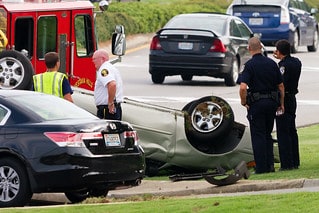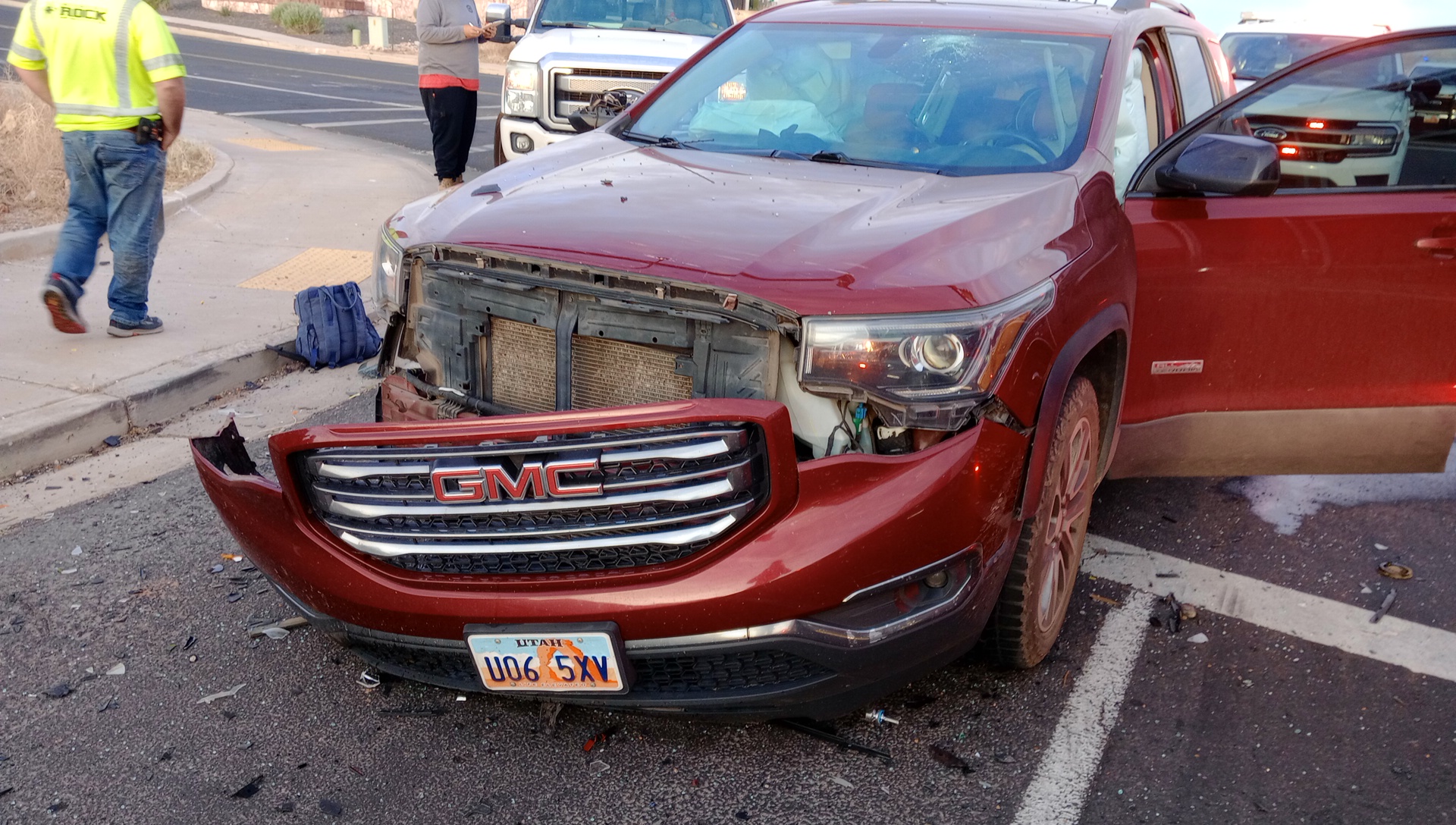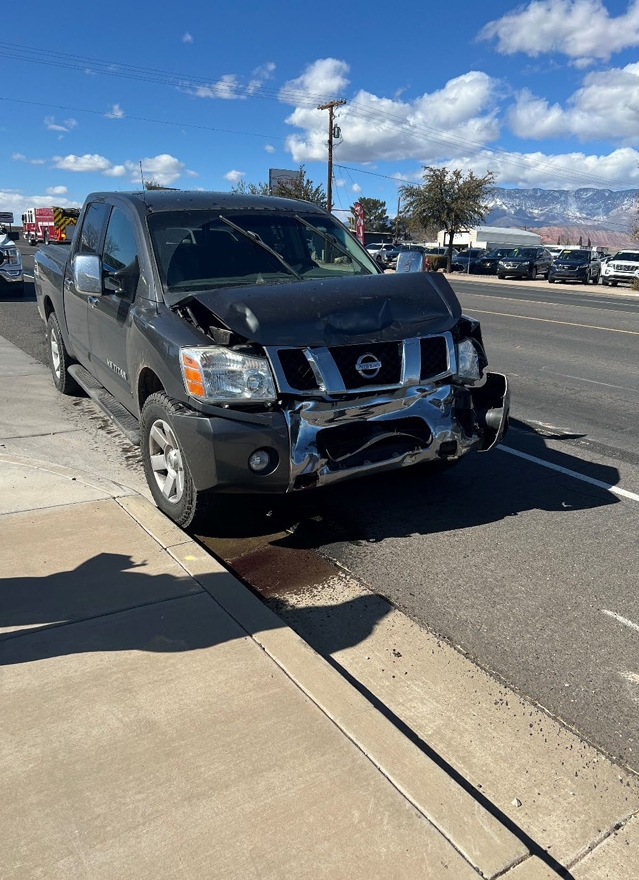
- Right up front, the most important thing after a car crash is to be safe. Check everyone around you for injuries and seek immediate medical attention for anyone that needs it. If no one is hurt, don’t call 911. You will just clog up their lines with something that is not urgent. Once you have assessed the situation, make sure that you are in a safe place.
- Start out by getting the other driver’s name, license plate number, and insurance information. You can do this by taking a picture of his license plate number, driver’s license, and insurance card. Some driver’s will try to get out of exchanging information. They don’t want you to call in an insurance claim. However, an insurance claim is usually a good idea for you, and it is always a good idea for you when the other driver is at fault.
- Never leave the scene without a police report. A call to the police should be the very first phone call you make after your collision. It is the only way to ensure you will have a neutral third party statement available to be used later. Other driver’s may try to change their story after the fact. These reports are not necessary for insurance companies to determine fault, but they sure do make everyone’s lives a lot easier and they are free to obtain, so get one!
- If possible, when someone has witnessed your accident, the ideal situation would be to have them wait for the police so they can file a statement in the report. The more documentation, the better. If they won’t wait around, taking down the contact information of a witness is the next best thing. Insurance companies and your personal injury attorney can contact those witnesses later, if need be, to collect statements.
After the initial four steps, take enough time to make sure that you are calm, you are in a safe place, and you have collected your thoughts. It will now finally be time to contact your insurance company. You can look it up online, or call you insurance agent, but the easiest way to contact your claims department directly is by using the phone number located on the back of your insurance card. Keep in mind that you are speaking with your own insurance provider first; they are there to protect you. Still, the conversation will be recorded and you need to make sure your claim is not undervalued from the start. That is why it is sometimes wise to not call at the scene of the accident. Only in severe accidents do people realize that quickly that they have been hurt while they are still on the scene of the accident. Do not tell your insurance company that you were not hurt and the property damage is minimal. You are not a doctor, and you are not an auto mechanic. Leave those issues open for them to decide. Tips to keep in mind:
- Do not be emotional or make exaggerations on the phone. Be factual and practical.
- Failure to report an accident can cause huge problems for you in the future, you do not have to call from the scene, but DO NOT avoid calling altogether.
If the adverse driver’s insurance company contacts you, do not speak to them. Refer them to your personal injury attorney. Always consult with a personal injury attorney after an accident. He or she can relieve the majority of the stress that comes with a car crash.
Photo By digitizedchaos
This article is offered only for general information and educational purposes. It is not offered as and does not constitute legal advice or legal opinion. You should not act or rely on any information contained in this article without first seeking the advice of an attorney.



